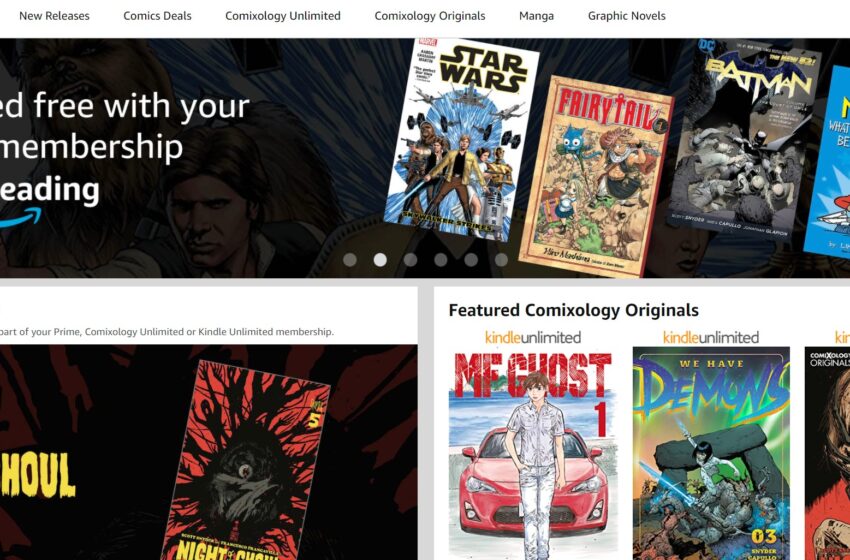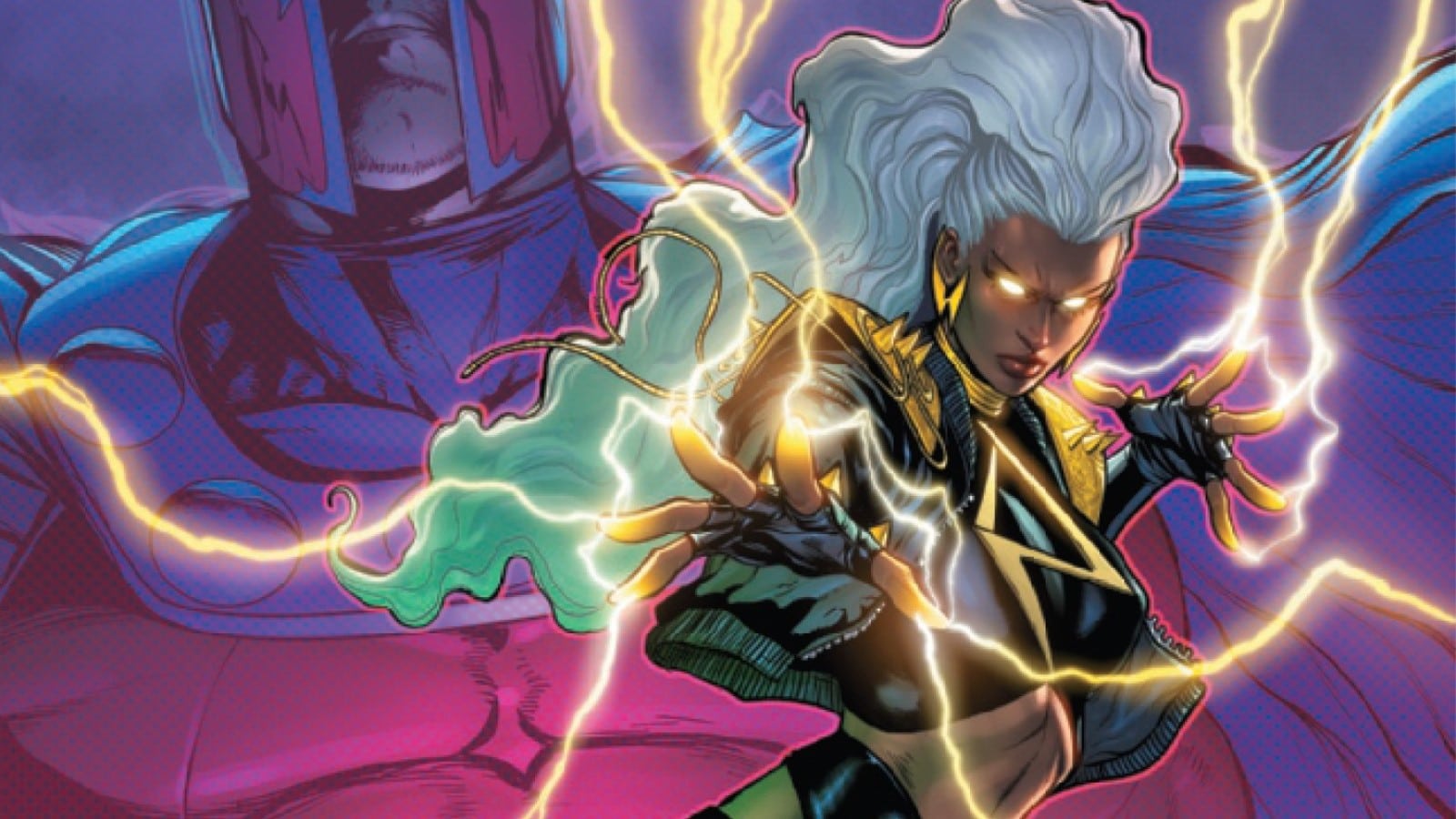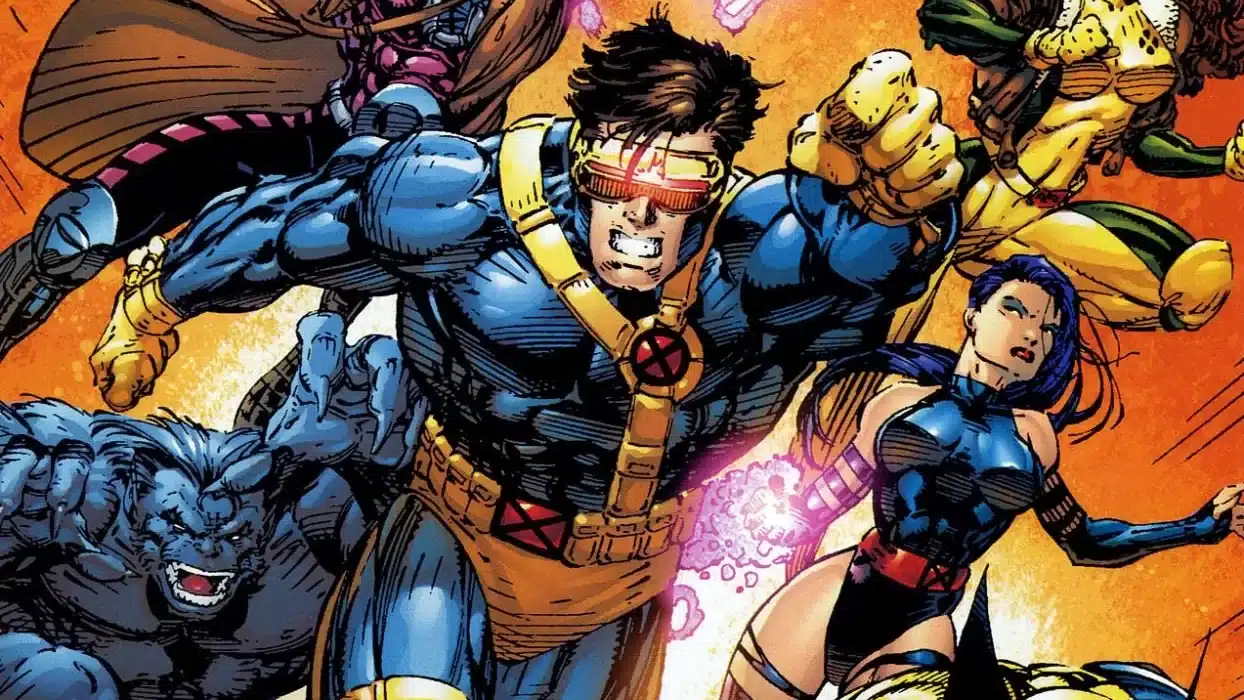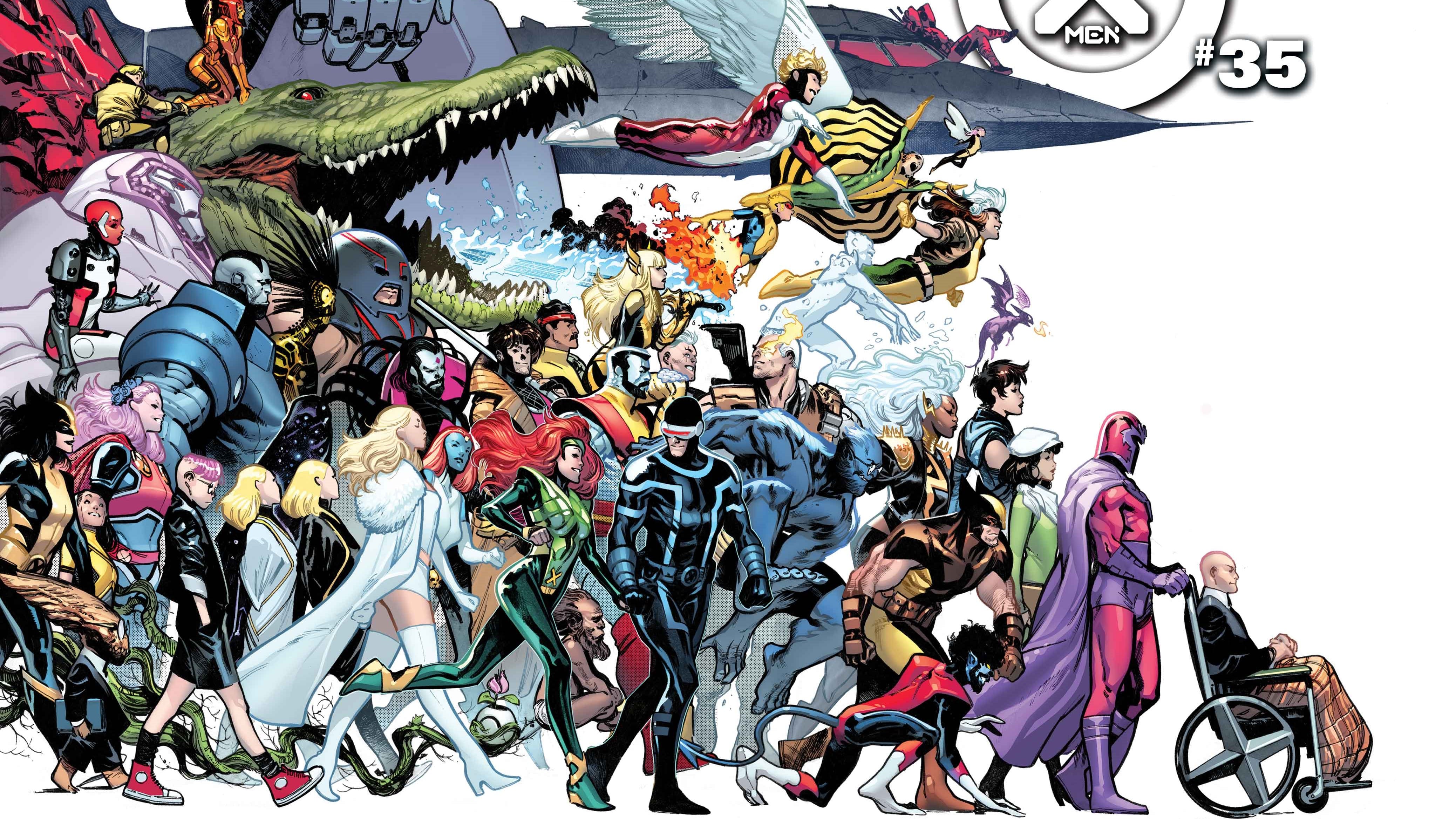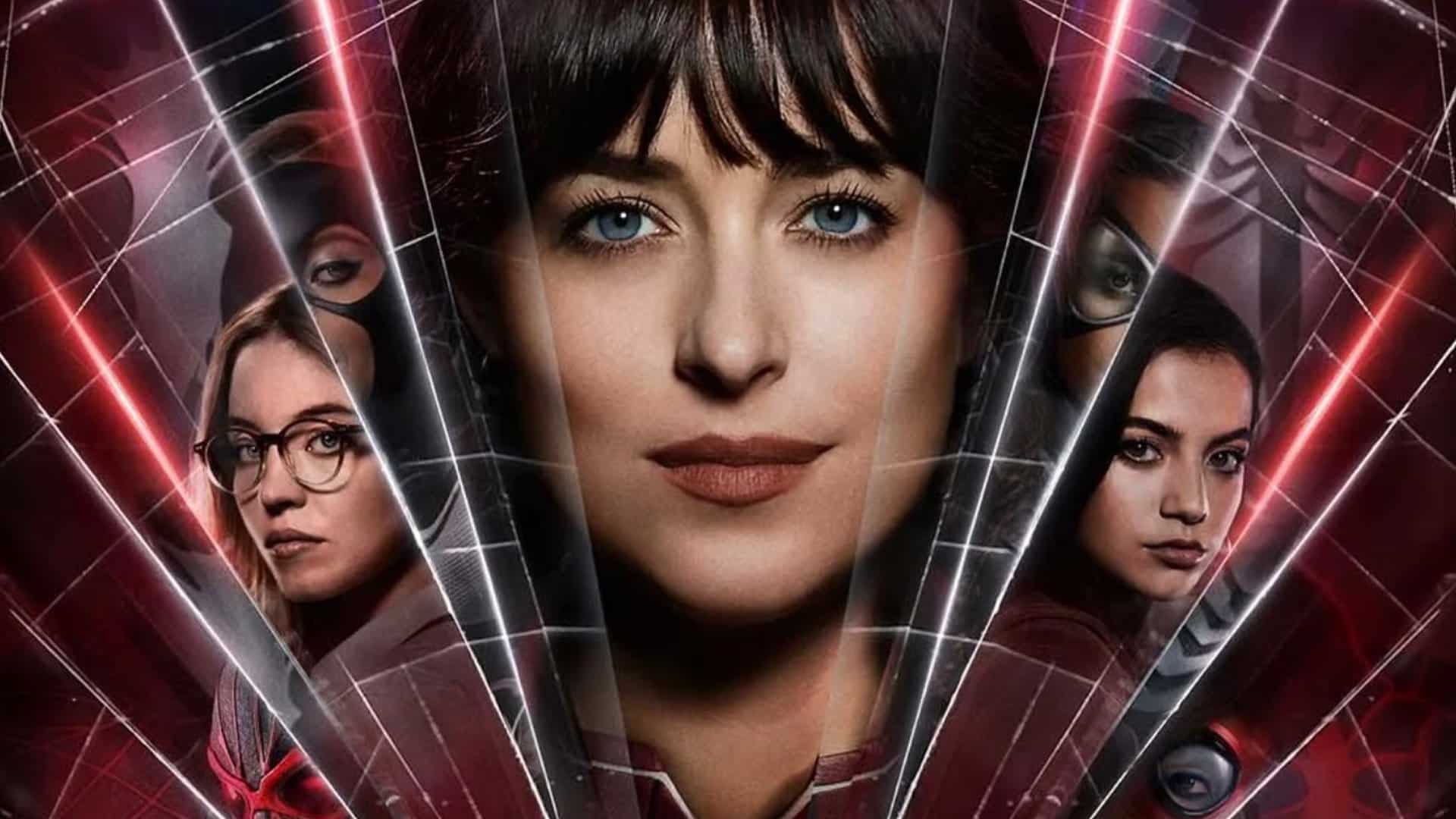The following first appeared in the ComicsXF newsletter. You can get early access to editorials like this, a roundup of the week’s best content and our weekly Staff Picks by subscribing right here.
As a teenager, I loved superhero comics. Or maybe it’s more accurate to say I badly wanted to love them. Growing up in rural Ontario in the ’90s, there was only one comic book store within an hour’s drive, and the few times I visited it, the experience wasn’t encouraging. The proprietor did his best but was clearly out of his depth offering reading recommendations to a 13-year-old girl accompanied by her mother, who wanted Superman comics with romance-y Lois and Clark content but was far too shy to say that. It wasn’t until the early 2000s, amid the birth of digital comics and a move to a city with multiple comic book stores, that I started to properly indulge my love of cape comics. And indulge I did, starting a pull list at my favorite store, checking out every superhero comics collection the library had to offer, and subscribing to the first iteration of Marvel Unlimited. Because I was a destitute grad student and the first iteration of Marvel Unlimited was terrible, I also pirated comics.
As someone who deeply loves comics and very much wants to give money to the awesome people who make them, I have always felt guilty about piracy. But for a long time, pirating comics was the best and sometimes only way to access many older comics. For years, Marvel Unlimited was borderline-unusable and reprints were expensive and hard to come by. And DC’s digital comics apps have never been available in Canada. But through piracy, you could get everything, including obscure stuff that still hasn’t been reprinted or digitized.
The rise of ComiXology, the steady improvement of Marvel Unlimited and getting a few jobs that put a bit more money in my pocket steered me away from piracy. Which was great because, as I said above but can’t repeat too many times, I want to pay for comics. I’ve also done my part to encourage other people to pay for comics. As a university instructor who teaches courses about comics, I have, since 2016, asked students to purchase course materials from ComiXology. Through the courses I’ve taught, I’m responsible for introducing hundreds of students to the concept of digital comics. And I do mean “introducing” — most of the students I teach have never purchased a comic before taking my class. Despite the fact I’m now almost 20 years removed from most of my students, our histories with comics are strikingly similar. My students are interested in comics (They’re taking a comics course, after all), but most of them have little idea where to get comics or what comics they might enjoy reading. (I have often fielded questions along the lines of, “I like Spider-Man — should I start at issue #1?”)
Comics fans know but sometimes forget just how hard it is to start reading comics. You have to navigate fandom gatekeeping and the fact some comic book stores remain unfriendly to some people. (If you’ve never been gawked at, ignored or made to feel uncomfortable at a comic book store, I’m happy for you. But that hasn’t been my experience.) Digital comics made it easier for me to start reading comics and helped encourage me to continue reading them; as a contract academic who’s moved four times in the past six years, I have little appetite for accumulating more long boxes. Now, in the wake of ComiXology becoming fully subsumed by Amazon, reading comics has become harder again.
I know many people are finding ways to make the merger work. But I’m extremely busy and not as tech savvy and patient as some people are. I tried the basic stuff I was asked to do; I merged my ComiXology and Amazon accounts and agreed to let Amazon transfer my ComiXology purchases to Kindle. An automated message told me this migration would take “some time.” But it’s been a week, and I still don’t have access to any of the books I purchased through ComiXology. Nothing shows up in Kindle, and according to my Amazon account, I don’t own any comics at all. The ComiXology app on my phone says I own one book, Box Brown’s excellent graphic novel Andre the Giant, which I purchased through Amazon rather than ComiXology. When I tried to access the comic, it said I had to download it. The download bar stayed frozen at 75% for two days before I finally gave in and uninstalled and reinstalled the app. I now have access to Andre the Giant, but only through guided view or two-page spreads. And all my older purchases remain missing. A recent Twitter thread from ComiXology says I should be able to see my older purchases through “the account page on the web.” But I don’t know what this means. Trying to access the old ComiXology website takes me to Amazon.com. I’m Canadian, so I usually use Amazon.ca. If I change to the Canadian site, the ComiXology storefront disappears. Maybe there’s an account page somewhere that shows my purchases, but after 10 minutes of searching, I had to get back to work.
I’m sure I’ll figure it out eventually. I have to, because I don’t want comics creators to suffer for Amazon’s mistakes. But it’s going to require time and energy, and according to people who’ve reviewed the new interfaces for mobile and desktop, I’m probably going to be unhappy with the result. Using my scarce free time to watch a movie or TV show, or read an online magazine or regular book, takes much less energy. So does pirating comics.
Being forced to search out a raft of articles and help forums and contact technical support before I can access the comics I’m already supposed to own and then struggle to figure out how to read them in a way that works for me might not be gatekeeping, but it sure feels like it. When I first started buying weekly comics, I subscribed to Wizard magazine and spent months studying discourse on comics websites and fan forums, as well as reading many legally and illegally obtained digital comics, before I felt confident enough to walk into a physical comic book store and actually purchase anything. I also visited every comic book store in town to find ones that felt welcoming, where the clerk didn’t pointedly address my boyfriend instead of me. That experience was exhausting. And so is this latest hurdle.
And I keep asking myself — why? Why is it still so hard to read comics? There are many potential answers to that question. Comics remain disrespected and misunderstood by the general public. Many comic book companies remain tethered to antiquated models of production and distribution. And large swaths of comic book culture remain exclusionary. I don’t know which of these things is most relevant to the Amazon/ComiXology merger. But I wouldn’t be surprised if a little of each applied.
I’m sure the new platform will improve, for reasons of capitalism if nothing else. And there are other places to read digital comics, like Hoopla, which is accessible through many public libraries. But after a lifetime of struggling to access comics, I’m tired. I’m extremely freakin’ tired. This week, I have read six articles and many Twitter threads about the Amazon/ComiXology merger and exactly zero comics.
Maybe I’ll contact ComiXology support tomorrow. (Or should I be contacting Amazon? Or Kindle? I don’t even know.) Or maybe I’ll do it next week, or next month. For now, I’ll probably use my free time to watch something on Netflix. It doesn’t really matter what. It’s easy and makes sense, and after a long day, as so many days are these days, stuff that’s easy and makes sense counts for a lot.

Anna Peppard
Anna is a PhD-haver who writes and talks a lot about representations of gender and sexuality in pop culture, for academic books and journals and places like Shelfdust, The Middle Spaces, and The Walrus. She’s the editor of the award-winning anthology Supersex: Sexuality, Fantasy, and the Superhero and co-hosts the podcasts Three Panel Contrast and Oh Gosh, Oh Golly, Oh Wow!

